When I decided to move to Ipswich from London nine years ago some people were surprised. While I had lived there before for a few years, that had originally been my parents' rather than my decision. The second time around people could understand my desire to move out of London, but why Suffolk? And why Ipswich, that funny little town at the back of beyond that hardly registered on anyone’s radar? Even the nickname of its football team, ‘the Tractor Boys’, emphasised that it was the only major team with a largely rural fan base, bumpkins in other words. About the only other thing people knew about Ipswich was its dubious honour of having been Cardinal Thomas Wolsey’s birthplace, and even in Wolsey’s time, five hundred years ago, it seemed to have been seen as a bit of a joke. ‘Wolsey, the butcher’s son from Ipswich’ was how his enemies described him even before his downfall. That suggested that by rights he should have been pretty low down in the pecking order.
Yet for some strange reason, even during my earlier sojourn in the town, I thought I detected something others didn’t seem to. I was a History buff, an affliction that has not left me. When I had been in my mid-teens I had gone on a tour of the West Country with my family where we did all the touristy stuff. There every building that looked vaguely old seemed to have been turned into a museum or a snooty tea room. Yet in Ipswich (and Suffolk generally) many of the streets and buildings were older still but they were not given this treatment. People just lived and worked in them and there was hardly a tourist in sight. Some of the medieval buildings had been given a makeover in the Eighteenth Century, the frontages rebuilt in brick and sash windows added (a bit like putting in UPVC double glazing today), but I could see that those overhanging upper storeys gave the game away. Once I’d learned to detect the signs it became apparent just how ancient the town is. Of course, there have long been architectural experts who were in on the truth, but only relatively recently has Ipswich’s antiquity been more widely acknowledged.
Part of the reason could be that, unlike Norwich, Ipswich does not have a cathedral or a castle. It does however, have a larger collection of medieval churches, one of which (St Lawrence) has the oldest set of working bells in the world. Ipswich’s medieval role was primarily as a port, the largest in the country in the days when the wool trade with the Netherlands and Flanders was all-important. In those days the ports on the eastern side of England mattered more than those on the west, whereas the discovery of the New World was to shift the direction England faced and the likes of Bristol and Liverpool came into their own.
The wool trade and other links with the Continent meant that there was a lot of cross-fertilisation in cultural and architectural terms. Dutch merchants built houses in Ipswich, English ones in the Hague and Amsterdam, and that influence can still be seen in some of the architecture on both sides of the North Sea. More recently, Ipswich again found itself in the forefront of architectural innovation with the Willis building (formerly Willis, Faber and Dumas). Built in the seventies, this had features that are now commonplace in most of the world’s major cities. The black glass walls and the cascading escalators were the first of their kind. It’s a tiny building compared to its offspring in the likes of New York and London, but it was the mother of them all. It made Sir Norman Foster’s name, so it’s quite conceivable that without Ipswich there would have been no Reichstag (in its rebuilt form) in Berlin!
Yet for some strange reason, even during my earlier sojourn in the town, I thought I detected something others didn’t seem to. I was a History buff, an affliction that has not left me. When I had been in my mid-teens I had gone on a tour of the West Country with my family where we did all the touristy stuff. There every building that looked vaguely old seemed to have been turned into a museum or a snooty tea room. Yet in Ipswich (and Suffolk generally) many of the streets and buildings were older still but they were not given this treatment. People just lived and worked in them and there was hardly a tourist in sight. Some of the medieval buildings had been given a makeover in the Eighteenth Century, the frontages rebuilt in brick and sash windows added (a bit like putting in UPVC double glazing today), but I could see that those overhanging upper storeys gave the game away. Once I’d learned to detect the signs it became apparent just how ancient the town is. Of course, there have long been architectural experts who were in on the truth, but only relatively recently has Ipswich’s antiquity been more widely acknowledged.
Part of the reason could be that, unlike Norwich, Ipswich does not have a cathedral or a castle. It does however, have a larger collection of medieval churches, one of which (St Lawrence) has the oldest set of working bells in the world. Ipswich’s medieval role was primarily as a port, the largest in the country in the days when the wool trade with the Netherlands and Flanders was all-important. In those days the ports on the eastern side of England mattered more than those on the west, whereas the discovery of the New World was to shift the direction England faced and the likes of Bristol and Liverpool came into their own.
The wool trade and other links with the Continent meant that there was a lot of cross-fertilisation in cultural and architectural terms. Dutch merchants built houses in Ipswich, English ones in the Hague and Amsterdam, and that influence can still be seen in some of the architecture on both sides of the North Sea. More recently, Ipswich again found itself in the forefront of architectural innovation with the Willis building (formerly Willis, Faber and Dumas). Built in the seventies, this had features that are now commonplace in most of the world’s major cities. The black glass walls and the cascading escalators were the first of their kind. It’s a tiny building compared to its offspring in the likes of New York and London, but it was the mother of them all. It made Sir Norman Foster’s name, so it’s quite conceivable that without Ipswich there would have been no Reichstag (in its rebuilt form) in Berlin!
Photos (top): Book shop, Silent Street: Christchurch Mansion; Marina (formerly the docks);
(bottom) The Unitarian Meeting House (1699) with part of Willis Building behind; 'Ancient House', Buttermarket;
Interior of Willis building showing first cascading escalators.
(bottom) The Unitarian Meeting House (1699) with part of Willis Building behind; 'Ancient House', Buttermarket;
Interior of Willis building showing first cascading escalators.
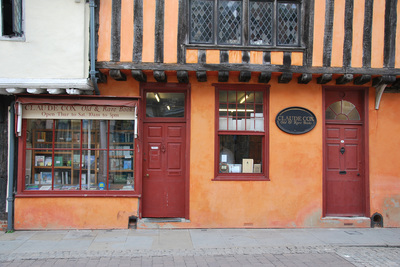
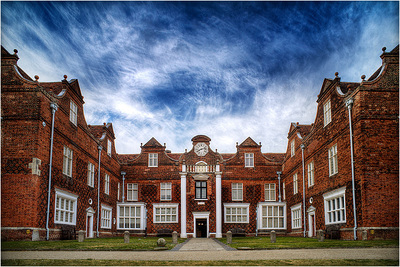
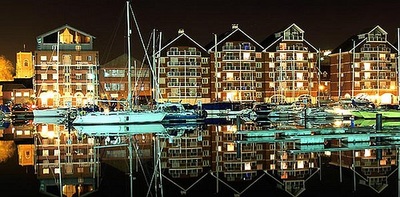
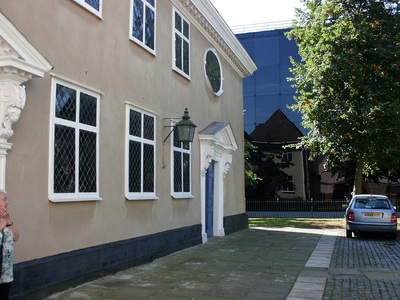
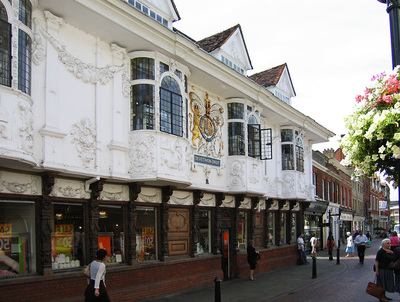
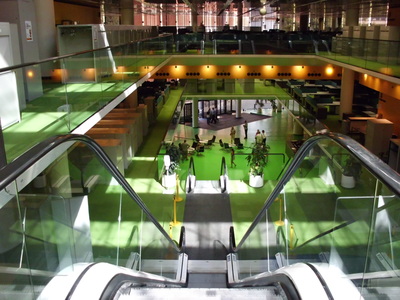
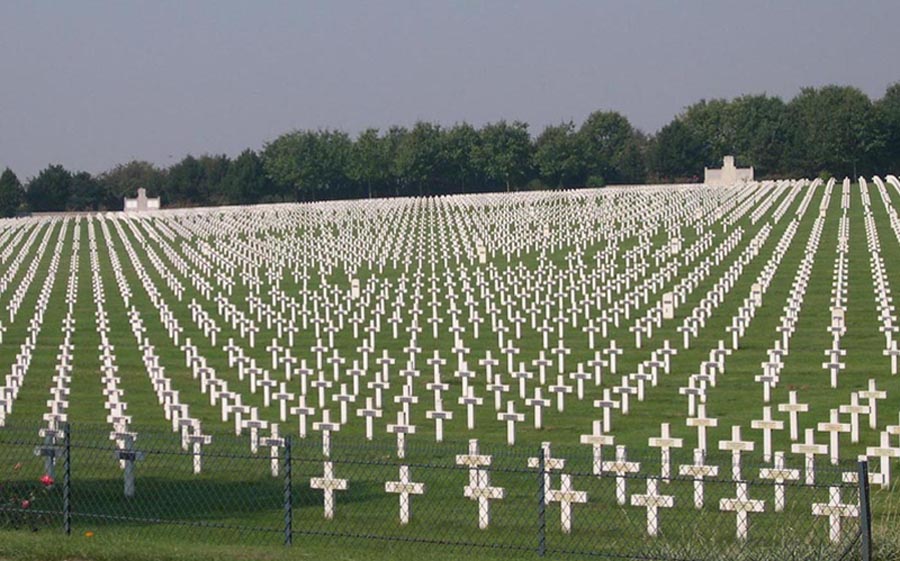
 RSS Feed
RSS Feed